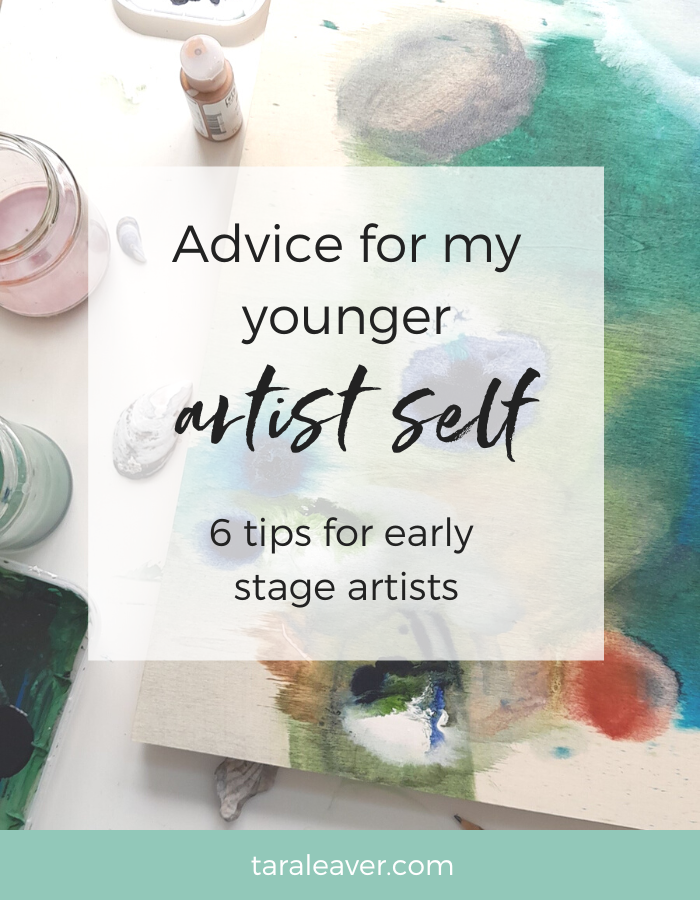
I’ve been thinking recently about what advice I’d give my younger artist self.
Especially because I see other artists at an earlier stage in their artist life struggling with a lot of the same things I struggled with.
So I thought I’d give my younger artist self – and you if you’re ‘young in your art’ 😊 – some tips and advice that might have made it a little easier.
I do think we have the experiences we need to learn what we need to learn, but I also think we are not meant to do this alone.
I’ve had so many wonderful guides and teachers along the way, and am always happy to pay that forward where I can.
So let’s dive in!
1 / Absolutely indulge your magpie eye
One of the biggest frustrations I see artists dealing with – and which plagued me for a while too – is feeling that you want to try everything but feel you ought to be pinning down something specific and consistent that’s distinctively yours.
And I always say, the early days are the absolute best time to explore every tiny thing that catches your attention.
I took SO many courses and workshops, read hundreds of blog posts and books, and no doubt would’ve listened to lots of podcasts too if they’d been a thing back when dinosaurs walked the internet and I was just getting started!
And honestly, I loved that time so much.
I had been ill for so long, and it had been such a long time since I’d been able to tap into my creative self, that it was like I was starving and someone placed a buffet of all my favourite foods in front of me {and many I’d never tried but looked delicious!}.
There may come a time when you start to want to refine your art, especially if you end up wanting to sell it, but at the beginning that is not necessary, and it can stifle the creative self that needs and wants to be exploring and unfurling.
2 / Pay attention to your brain
This has become a large piece of the work I do now with artists, and it wasn’t something I was aware of {kind of hilariously, since I’d spent years and years in therapy!} back when I was getting my artist self back.
All those courses I mentioned in my first point were entirely focused on the process aspect of being an artist – on making material objects.
What they didn’t tend to address – understandably – was the mindset aspect of being an artist.
And while I believe that mindset is crucial and massively underestimated at any time in the life of an artist, in some ways it’s especially important in those early days, because while your enthusiasm is high, your confidence can be lower.
That’s because of the gap between the level of art you’d like to be making, and what you feel capable of at the start.
That gap is always there to a degree – and I think that’s a good thing, because if you reach the top of the mountain, where is there left to go? – but in the early days it can be especially disheartening.
And even more so if you don’t have the tools to navigate and manage your brain.
I teach those tools now in the Happy Artist Studio, because I’ve seen over the years, in both my own artist life and that of almost every other artist I connect with, that not addressing the mindset aspect can make the journey SO much harder and more frustrating than it needs to be.
3 / Push your work further
This is another one I see all the time, and experienced myself.
While we’re taking those myriad courses, it’s all very exciting and we pick up tons of tips and techniques.
We buy a lot of materials, try all sorts of approaches across different disciplines, and after a while we find we have a lot of supplies and an increasingly large feeling of confusion!
Where amongst all that dabbling is our unique artist voice?
There ends up being a lot of noise inside us – the voices, techniques, and styles of the artists we’re seeing and learning from – and it can become increasingly difficult to pull out what feels true to us so we can focus on developing that.
I actually shut myself away for a week once with nothing but my own supplies to see what I would – and truly wanted to – make when I wasn’t looking at what other people were doing!
It was pretty enlightening, although of course it takes more than a week to really start to uncover and develop what’s yours.
The thing is, the more courses we take, the more information we gather, and the more time we spend going shallow and wide, we’re not doing the essential deep work it takes to find that uniqueness inside each of us.
And that can lead to a lot of art that looks like someone else’s, and feeling sad and confused because we don’t know what’s ours or how to discover it.
You can always push your own work further, and learning to do that early on is a valuable skill to learn.
4 / Don’t try to sell your art too quickly
I definitely fell into this one and I see a lot of early stage artists doing it too.
Now that there are so many ways for us to share and sell our work, from print on demand to Etsy to our own websites to social media to art fairs to art platforms {and on and on}, it can be extremely tempting to want to be part of that.
And it’s very easy to jump into selling your work before you’ve spent enough time refining your artist voice and creating truly distinctive, strong work.
It’s not that it all has to be the same, but there are artist muscles, and they take time to strengthen!
When we try to get into the selling part before we’ve established our unique process and voice, we can quickly find that it’s actually more difficult than we thought, and that can do a lot of unnecessary damage to that crucial confidence we’ve been building.
It can also make it more difficult to change tack later, if we find that that wasn’t actually the kind of art we wanted to be making after all.
I know, it’s so exciting and tempting to want to get your art out there and selling, but try to hold off on that till you’ve established some real grounding in your own practice!
It’ll make it that much easier and less disheartening {although not 100% disheartening – selling your art is also a process and a muscle!} when the time comes.
5 / Don’t worry about platforms
As an extension of the previous point, this is something we all ask at some point, whether we want to sell or not.
Do I need a website? What platform is best?
Should I be on social media? Which one should I choose?
And the truth is, it doesn’t really matter.
Yes, you will likely find your audience hangs out more in a certain place online than anywhere else, but in the early days it’s not a priority to know that, and it takes up too much time and headspace trying to work out the ‘right’ thing to do, when our focus needs to be on developing our own art.
It can also do damage to your fledgling confidence to share before you’re ready, and receive feedback that confuses you or feels painful. So don’t feel you have to share it at all at first!
I know I sound like a stuck record, but that’s because you, and your voice as an artist, are primary.
Without a level of clarity and confidence in your own work, none of the other stuff matters. You can worry about that later.
If you want to create a website or use social media to track your own progress {which is what I did}, just pick one and see how it goes!
You can, and most likely will, change it later anyway.
Then get back in the studio!
6 / Spend as long as it takes to establish and clarify your artist voice
If it’s not abundantly clear by this point, this needs to be your absolute priority!
For all the reasons described above, and because that is ultimately why you feel called to create in the first place – because you have something to say and only you in all the universe can say it the way you will.
And while your faith in that can feel wobbly initially, it doesn’t make it any less true.
Root yourself into yourself, your process, and your practice as an artist first.
Get your mindset supporting you, learn what you love to make and why and with what materials.
Develop your voice, and with it, your confidence.
Share it if you want, but keep your focus on your internal landscape and really strengthen that mindset muscle because outside input will confuse you and throw you off sometimes.
Make your art.
All the rest can – and will – unfold from there.
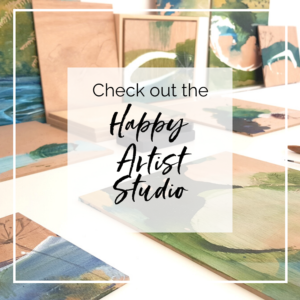 If you’d like help finding out what your unique artist voice is, and would like guidance and support as you build your confidence – and you don’t have to be an early stage artist by any means to benefit from these things! – come and join us in the Happy Artist Studio.
If you’d like help finding out what your unique artist voice is, and would like guidance and support as you build your confidence – and you don’t have to be an early stage artist by any means to benefit from these things! – come and join us in the Happy Artist Studio.
It’s a private membership I created for artists like you who want to make their art and share it with the world, but need some tools to clarify and build experience and confidence to do that along the way.
We focus on an aspect of creating your artist life each month, with in depth lessons, Q&A videos, challenges, and workshops. Plus you get access to our lovely cosy community {not on Facebook!}, and an extensive vault of courses focused on both mindset and process, to get you making your truest art and creating your happy artist life. Click here to learn more and join us!

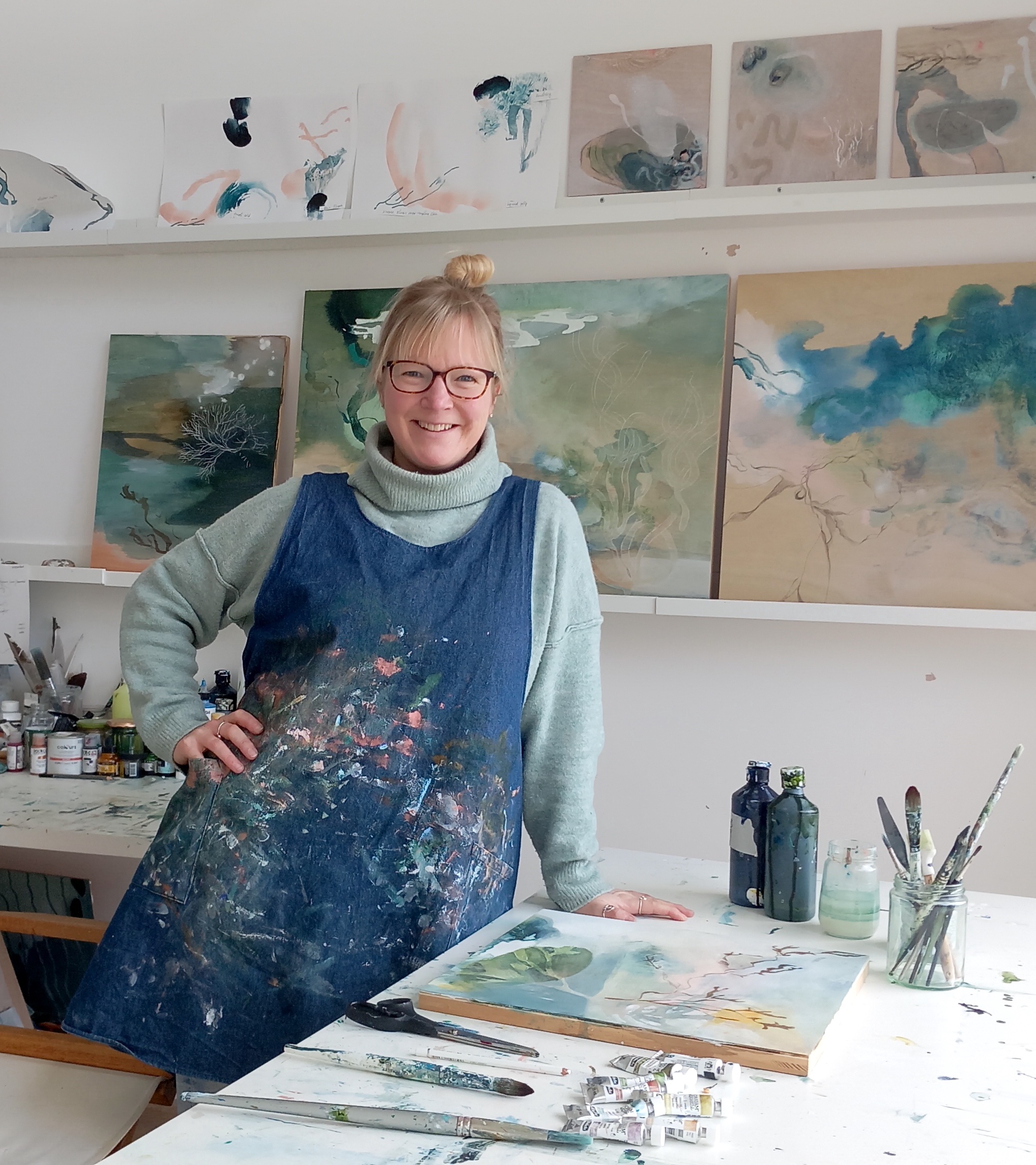
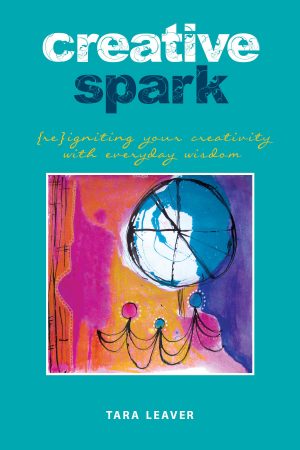
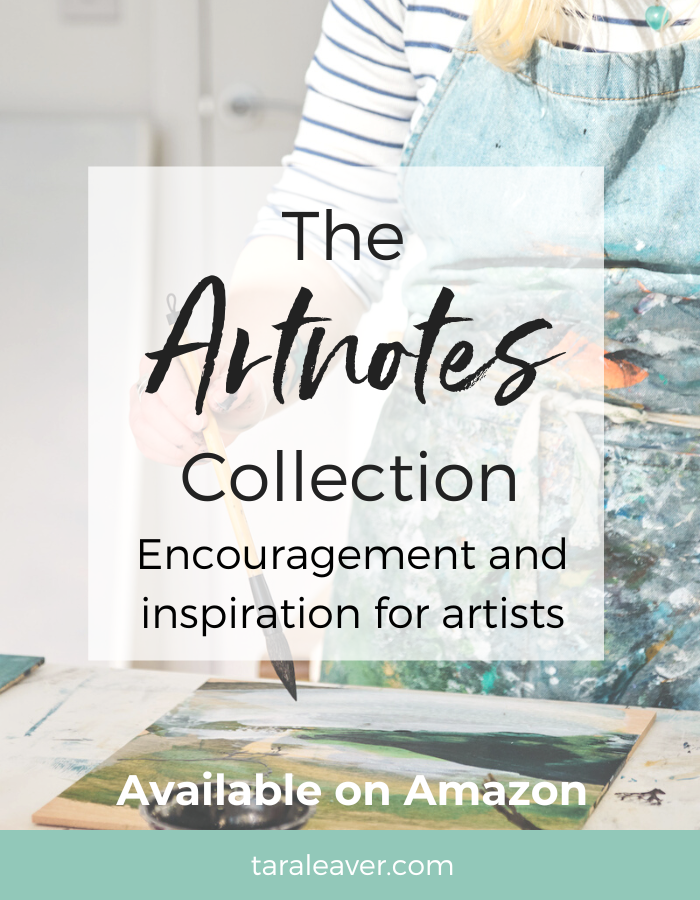
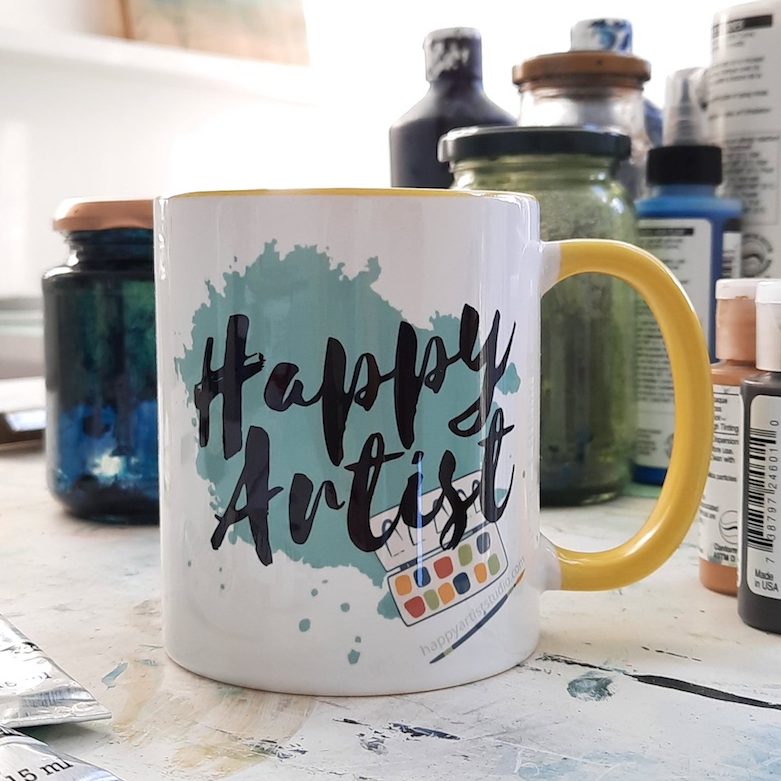
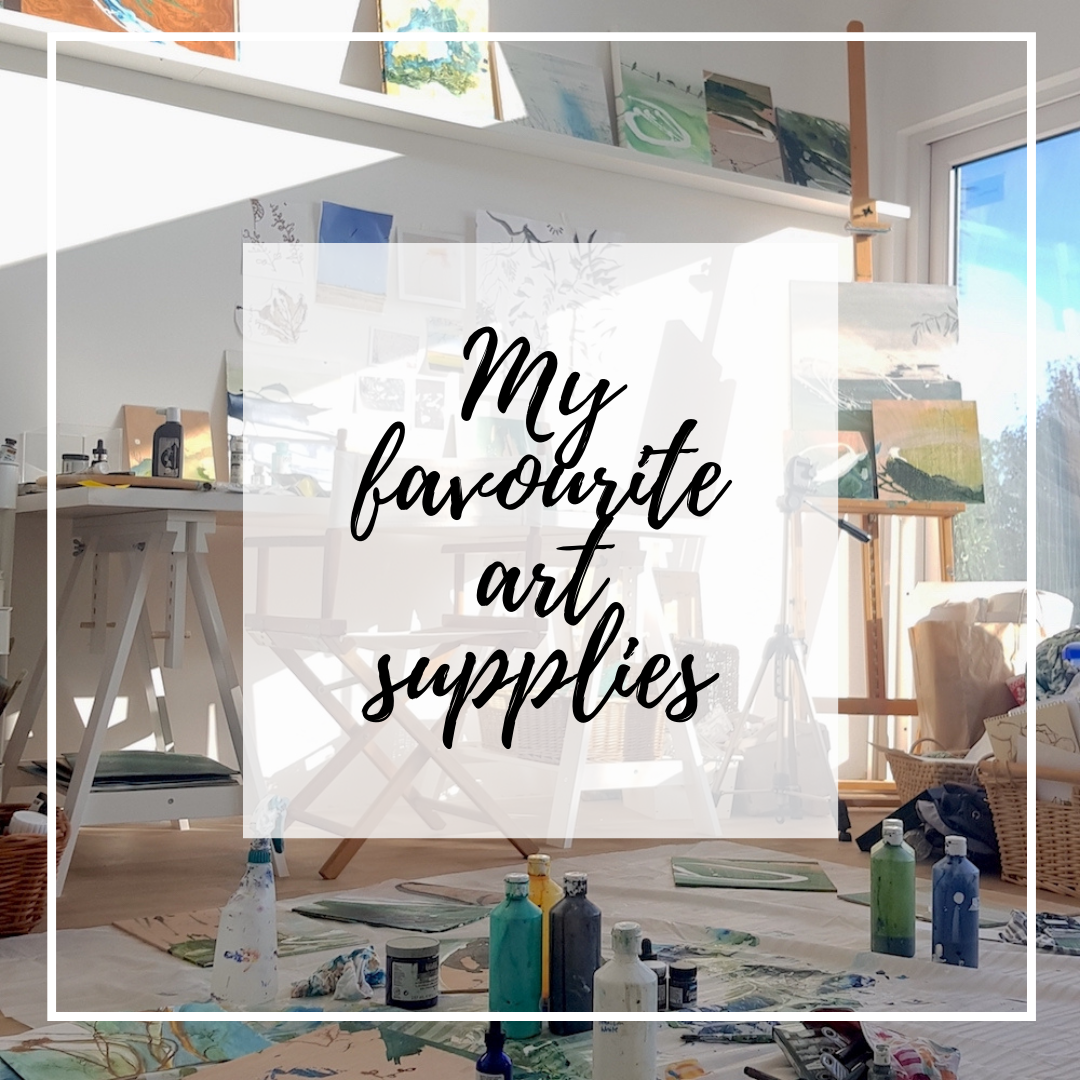
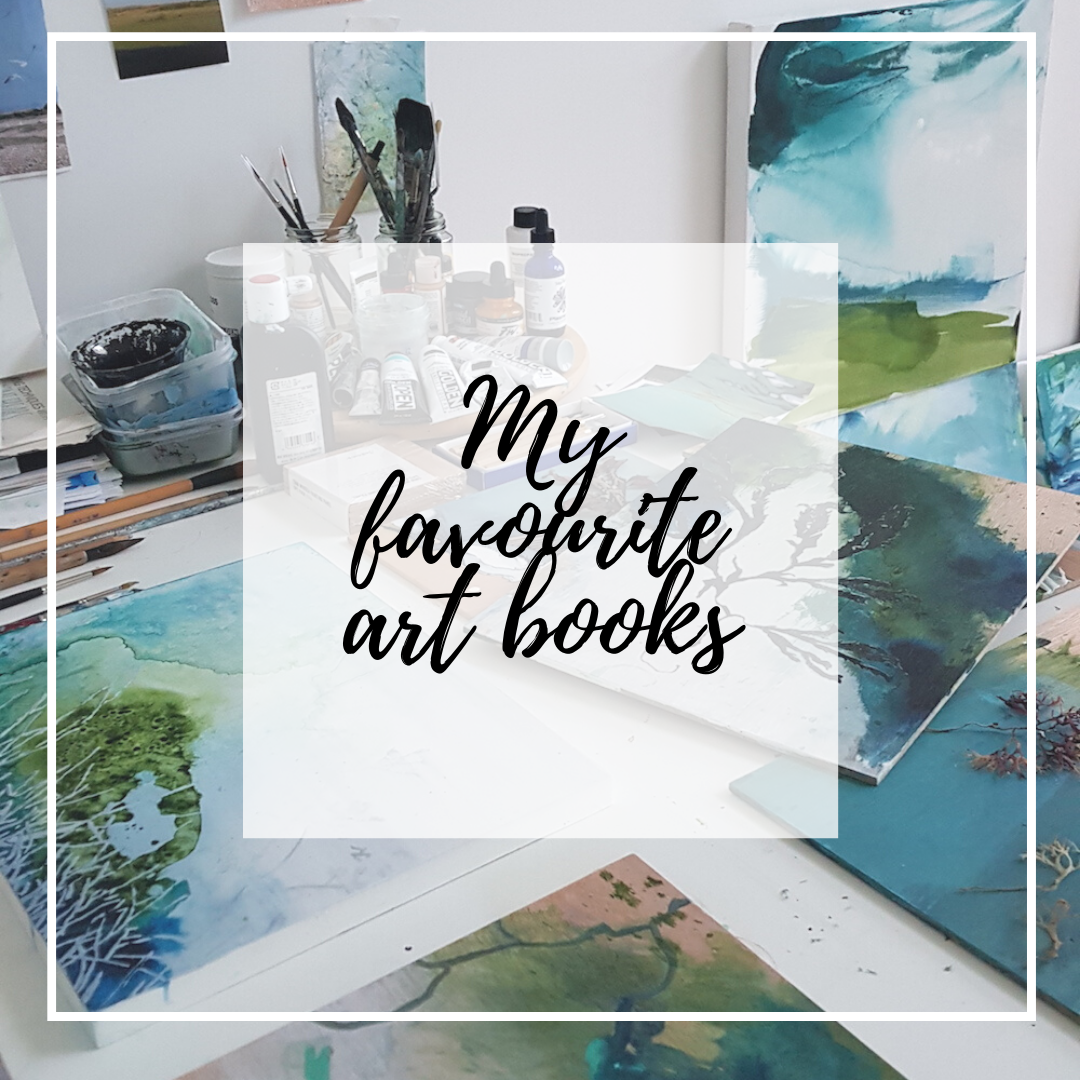
Thank you so much for sharing this-a reminder I definitely needed! I also took a break where I no longer watched or looked at what others were making so that I could focus on what I wanted to create. It was very enlightening.
It’s amazing the difference it can make to just focus inward for a bit isn’t it! So glad you enjoyed the post Michele.